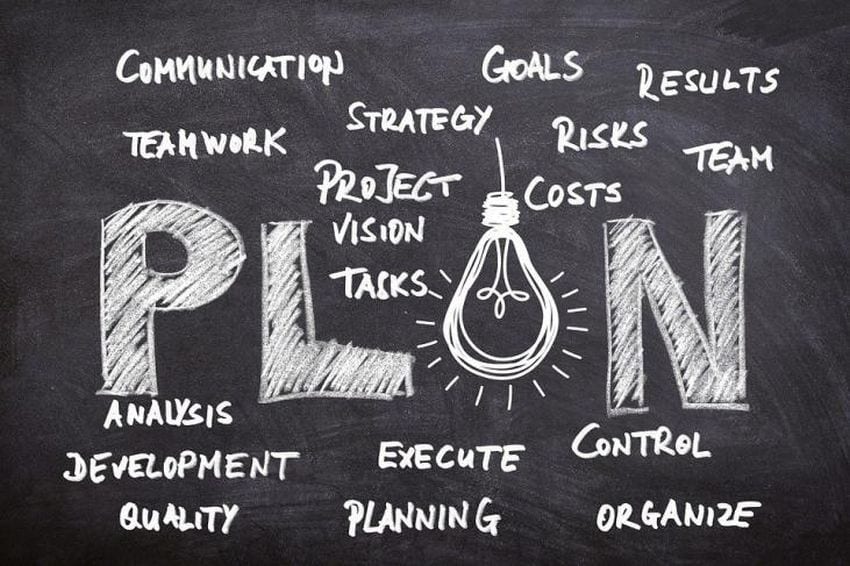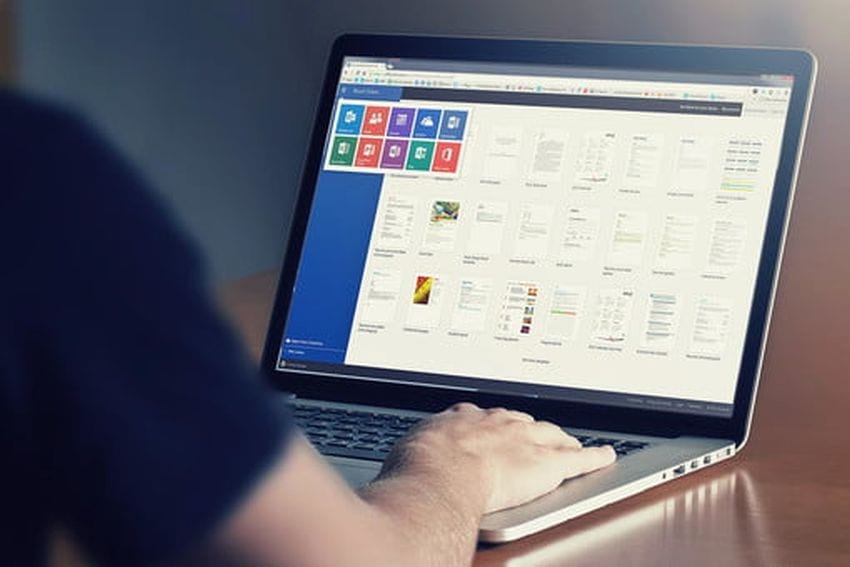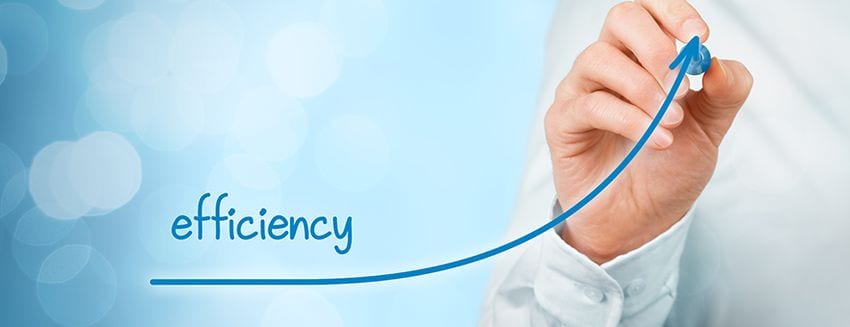No matter what kind of job you are doing, whether you love it or not, the fun and creative parts of work tend to be in the minority, and you’re more likely to face boring, repetitive tasks, which you may have a hard time getting involved. But you have to stay focus, otherwise a slip up could easily lead to a huge mistake or financial loss. So in this case, you need to take some measures to improve your productivity, even when you are doing the most tedious work.
Page Contents
1. Have a Clear Plan

source:hygger.io
Every people who wants to be productive should have a clear and reasonable work plan. Without it, you’ll easily get confused and don’t know where to begin; without it, your goals will become vague and you can hardly figure out the order to execute different tasks, which will easily make you anxious and indecisive.
Arranging each of your work reasonably. Only in this way you can get the priorities right, understand what needs to be done first and what to be done latter. With planning, you can consciously maintain the balance between different tasks.
A simple example would be a to do list that tells you what to do every day and allows you to check if you’re getting your daily work done. It may take some time to prepare in advance but will eventually help you get twice the result with half the effort.
2. Use Office Software

source:digitaltrends.com
If you need to draw up a detailed work schedule or keep track of your work data, a proper office tool can significantly improve your productivity. Excel is one of the best choices.
Whether you’re new or experienced, there are a number of Excel tips and functions that can help you process tasks efficiently. For example, it can do all kinds of calculations, highlight specific text and numbers, sort the data by certain rules, count the data that meet specific criteria, batch delete specific data, etc. You can check detailed steps on MyOfficeTricks.
3. Always Be Prepared

source:digitaltrends.com
Before starting your work, preparation plays an important role of your work efficiency for the whole day. There is a saying: “If a craftsman wants to do good work, he must sharpen the tools at first.”
Sometimes it may seem like a hassle to make preparations in advance, but without this step, you may encounter various problems in the actual work process, and it will take even more of your time to find solutions temporarily.
On the contrary, if you start out prepared, no matter in terms of timing, or in terms of necessary office tools, you’ll find that the process runs smoothly and you’ll be much more productive. For example, if you are a designer, you can think about design ideas on your way to work and collect some materials before you start a project. That way, when you’re actually working, you can just focus on what’s really matter.
4. Don’t Multitask

source:verywellmind.com
We live in a multi-tasking, multi-method world, but some studies have shown that people cannot really multitask as the they think. Instead, focusing on only one task at a time can effectively boost your productivity and reduces errors.
While working, you should concentrate on your current task wholeheartedly and avoid distractions. Multitasking in many cases can’t increase your efficiency, but decrease the quality of work being done, and you may even end up spending more time trying to make up for mistakes made in the process. Over time, your ability to focus will also decline. So, prioritizing your tasks and working your way through it as planned, then focusing on one major task at a time may be the most efficient working mode for most people.
5. Avoid Outside Interference
There are a lot of distractions and temptations that can shift your awareness from work, especially when you’re doing something dull and repetitive. Staying focused becomes an important and tough task.
Be sure to create a comfortable and simple office environment for yourself. Don’t put too many things irrelevant to work on your desk, such as snacks, entertainment magazines, electronic products, etc. Also, don’t install too many games or entertainment software on your computer, unless you’re sure that you won’t be distracted while working intently.
6. Listen to Music

source:sheerluxe.com
Does music always bring interference? Since ancient times, people who do repetitive manual labor are used to singing while they work. Even now, those rhythmic songs with strong beat and simple but powerful lyrics can be very effective to cheer people up. Especially when your concentration is about to decline, listening to this kind of music can greatly boost your productivity.
As for some relatively creative and intellectual work that requires independent thinking, those softer music with no lyrics or less lyrics can be a better choice, since it can ease your mood and won’t take over your mind. Meanwhile, those familiar songs you already know how to sing would be better than those unfamiliar songs. Because you won’t spend your effort unconsciously on remembering the melody or recognizing the lyrics.
7. Combine Work and Rest

source:weektrip.aibtoronto.com
In order to maintain a good state at work, you should keep in good physical condition and also a cheerful mood. If you’re healthy and have got enough sleep, you’ll find yourself thinking more clearly, paying attention more easily, and less likely to experience low energy levels. Therefore, whether it is for work or study, learning to combine exertion and rest is very important. But it doesn’t mean you should put your job aside and feel free to have fun, unless you don’t mind your thoughts and working process being interrupted badly.
Proper rest is necessary. You can give yourself a 10-minute “interval rest” to take a breath and entertain yourself after focusing on work for a certain period of time, just like in school. Or you can break a piece of work down into smaller tasks, set yourself goals for each phase, and allow yourself to have a thorough rest after each phase. With a reasonable plan, you can fully adjust your state without interrupting any ongoing thinking or fouling up any plan. This is exactly the difference between rest and distraction.
Work can be tedious and exhausting, sometimes. But with these tips, maybe you can find your way to fulfill the repetitive tasks more easily, and above all, effectively.





